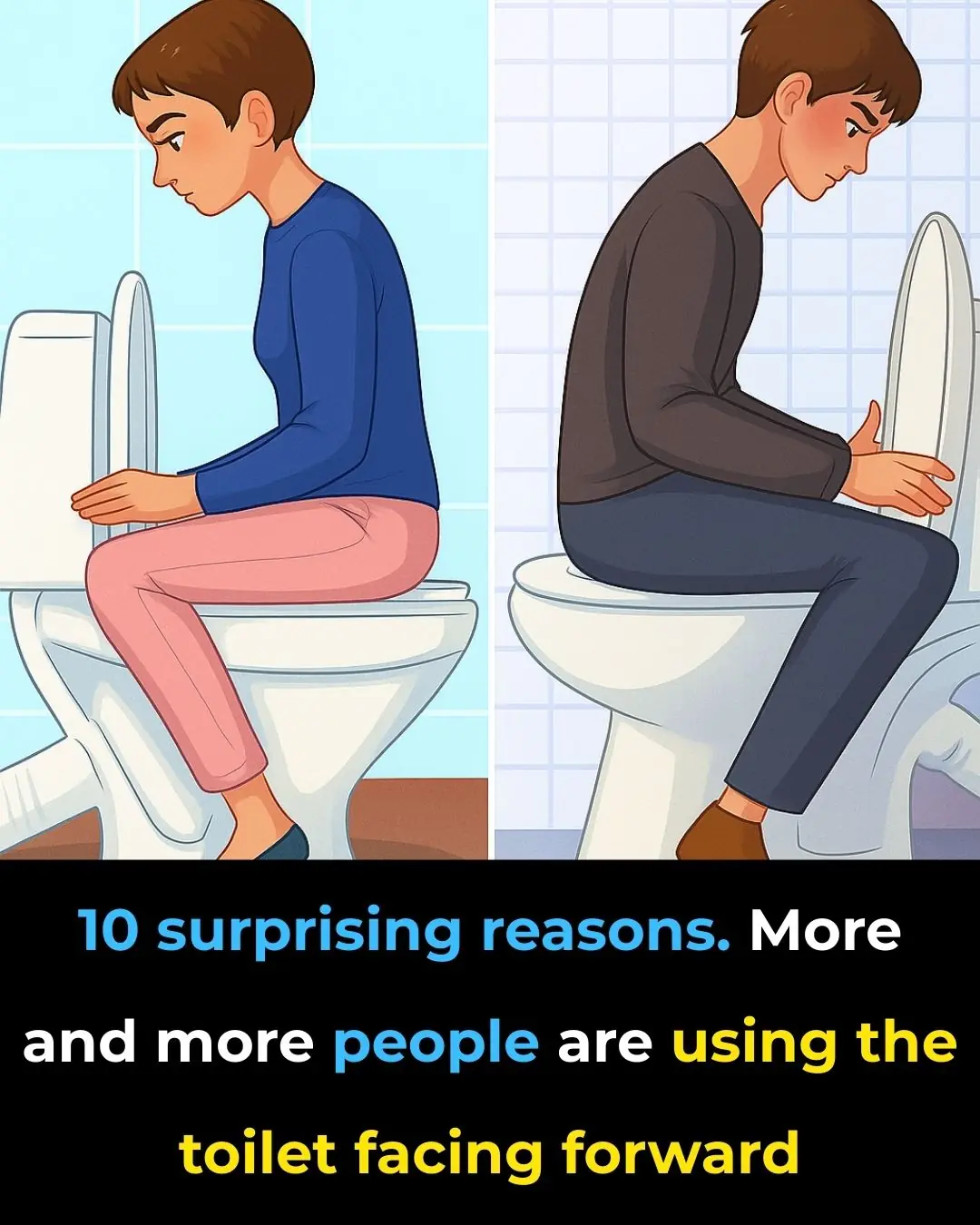
Why You Should Stop Waking Up to Urinate
Why Nighttime Bathroom Trips May Signal Sleep Problems
Pelvic floor physical therapists often explain to patients that waking up to urinate during the night isn’t just inconvenient—it may also be a sign of deeper issues. When patients report getting up multiple times to use the bathroom, therapists typically discuss possible bladder irritants, hydration habits before bed, or techniques for retraining the bladder. These are all important aspects of managing nocturia (frequent nighttime urination). However, there is another critical reason to address this concern: nighttime bathroom trips can indicate we’re not entering or maintaining the essential REM sleep stage.
The Role of REM Sleep and ADH
REM sleep—known as the stage where vivid dreams occur—is vital for mood regulation, memory processing, and learning. During this phase, our bodies also produce antidiuretic hormone (ADH), which reduces urine output by helping the kidneys conserve water. Under normal circumstances, ADH ensures that we can sleep for long stretches without the urge to urinate.
When fully hydrated, ADH levels naturally fluctuate during the day, leading to urination every two to three hours. But at night, especially during REM sleep, ADH rises to minimize urine production, allowing the body to stay asleep for seven to eight hours uninterrupted.
If REM sleep is disrupted or cut short, however, ADH secretion remains low, and the body continues producing urine at daytime levels—forcing you awake and sending you to the bathroom.
Why Nighttime Urination Matters
Frequent bathroom trips at night don’t just interrupt sleep; they may also deprive you of the restorative benefits of REM sleep. Over time, this can affect mood stability, cognitive sharpness, learning capacity, and even immune function. In short, waking up to urinate isn’t only about the bladder—it’s a sign that your sleep cycle itself may not be functioning properly.
Certain lifestyle factors can make this worse. For example, drinking large amounts of water right before bed, consuming caffeine late in the day, or drinking alcohol in the evening (which inhibits ADH production) can all increase the likelihood of nocturnal urination.
Healthy Sleep Habits to Reduce Nighttime Bathroom Trips
To minimize nocturnal awakenings and encourage deeper, uninterrupted sleep, experts recommend developing habits that promote both REM sleep and ADH production:
-
Maintain a consistent sleep schedule by going to bed and waking up at the same time daily.
-
Establish a relaxing bedtime routine—meditation, warm baths, light stretching, or calming music.
-
Exercise regularly, but avoid vigorous workouts within two hours of bedtime.
-
Reduce caffeine and nicotine intake, especially in the afternoon and evening.
-
Avoid eating right before bed; finish dinner at least two hours before sleep.
-
Limit alcohol consumption, since it disrupts REM sleep and increases urination.
-
Use the bedroom only for sleep and intimacy—not for screens, meals, or work.
-
Reduce screen time at least two hours before bed, as blue light delays melatonin release and disrupts the biological clock.
-
Optimize your sleep environment with a comfortable mattress, a cool temperature, and minimal noise or light.
-
Take short daytime naps if needed, but keep them under 30 minutes to build “sleep pressure” for the night.
The Takeaway
Waking up to urinate once in a while may not seem alarming, but frequent nighttime bathroom trips can be a red flag. They may suggest that your body isn’t producing enough ADH, or more importantly, that you’re not reaching the REM sleep stage needed for restoration. By adopting healthy sleep habits and adjusting evening routines, you can reduce nighttime interruptions, improve bladder health, and ensure your body gets the deep, rejuvenating rest it needs.
News in the same category

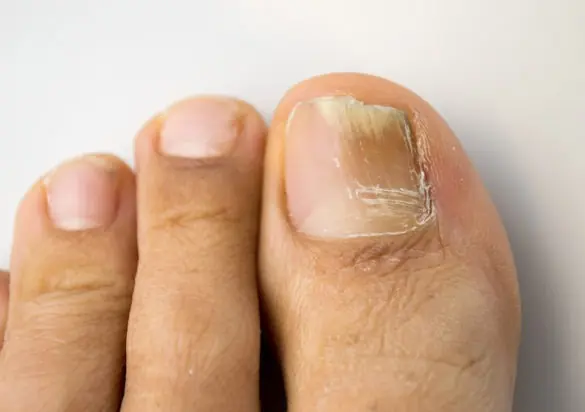
Brittle Nails, Dry Hair? You’re Missing Out on These Vital Vitamins, Says Science!
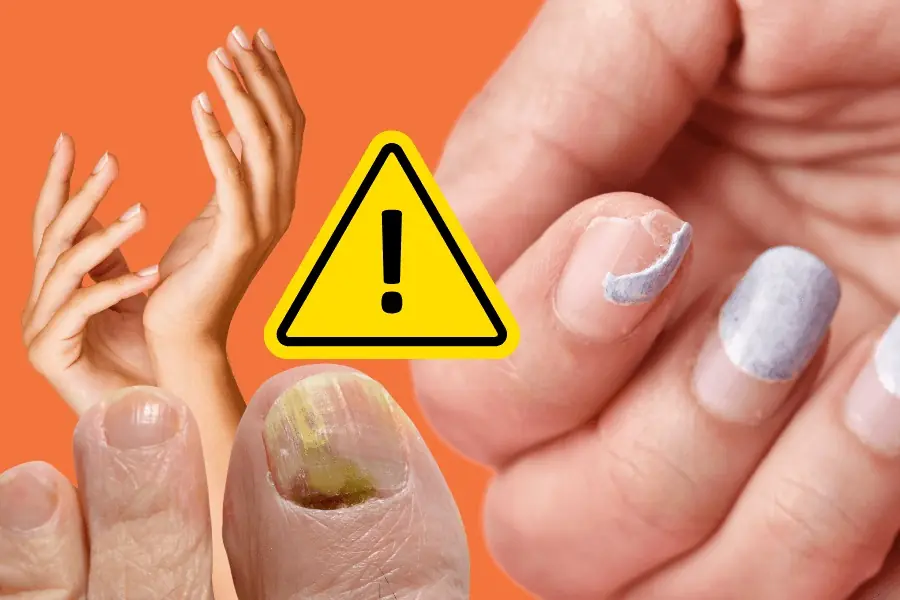
Experts Reveal 11 Hidden Health Warnings You Can Spot Just by Looking at Your Nails

Your Body Holds 7 Octillion Atoms—And Most Are Billions of Years Old

Scientists Say That The Brain Senses Emotions In Others Without You Even Knowing It

Lithium Deficiency May Spur Alzheimer’s — and Guide Treatment

Hep B Transmitted by Shared Glucometers in Care Facility

8 Foods Scientists Say You Must Avoid for a Flat Stomach!

The First Warning Signs of Lung Disease That No One Talks About

Sip these 5 powerful drinks for stronger kidneys

1 cup to destroy inflammation, clear mucus & unclog sinus, chest, and lungs!

Red Spots on Skin: Causes, Treatments, and More (Extensive Guide)
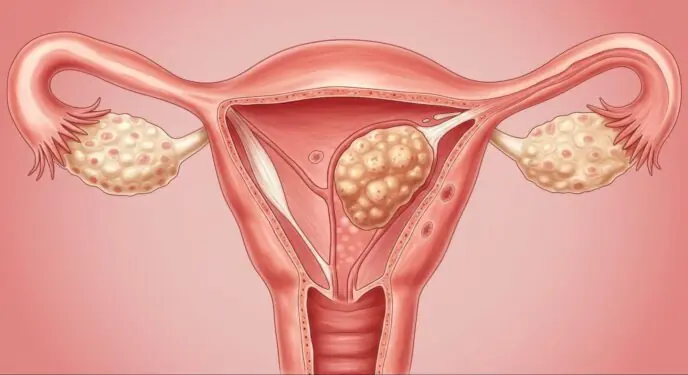
7 Warning Signs You May Have Uterine Fibroids

Parasite Cleanses: Do They Really Improve Your Gut Health — and Are They Safe?

8 Teas to Drink for a Healthier Body and Mind
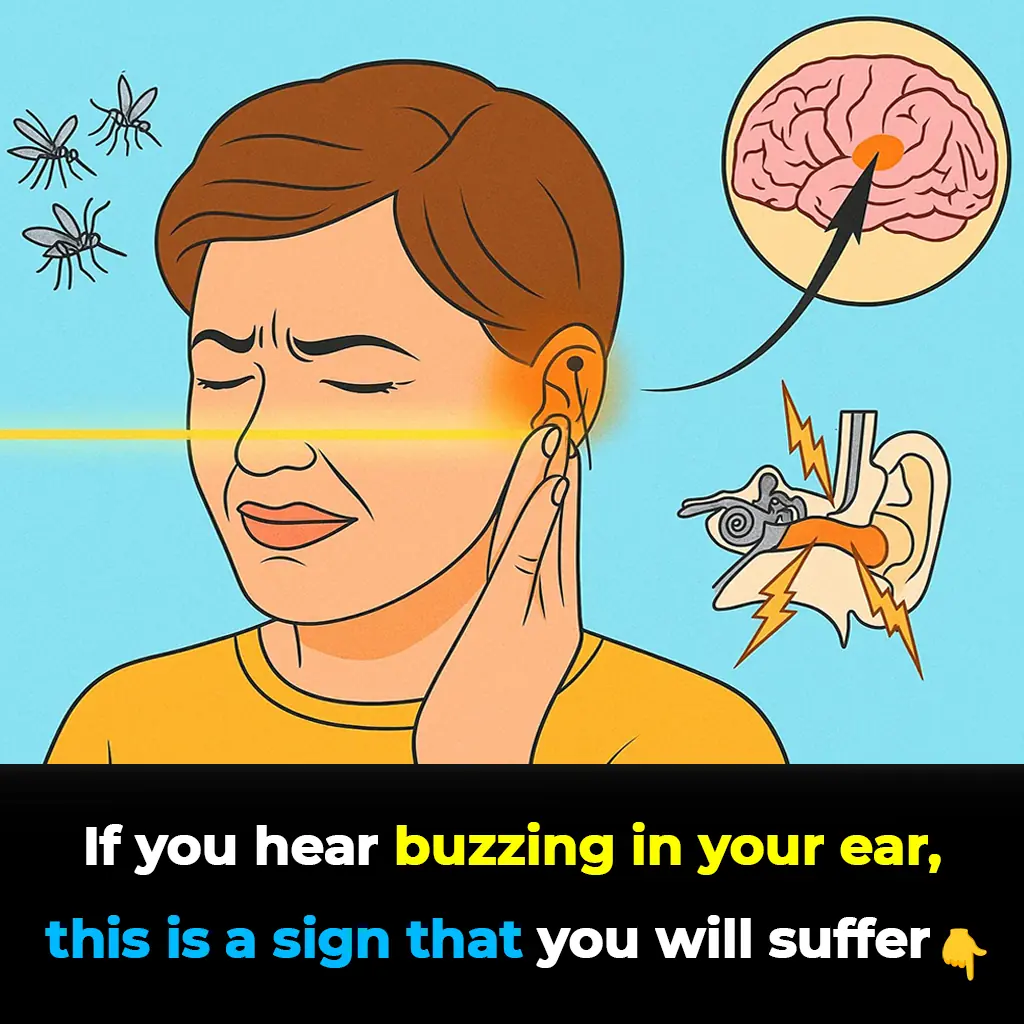
The Hidden Truth About Tinnitus: Why That Ringing in Your Ears Shouldn’t Be Ignored
Over time, repeated noise trauma damages tiny hair cells inside the cochlea, which cannot regenerate, resulting in permanent hearing changes and tinnitus.

DIY Turmeric & Ginger Shots to Fight Inflammation, Boost Immunity & Soothe Your Gut

Coconut water: Is It Good for You, Nutrition, Benefits, Side Effects (Science Based)

Clean Arteries: 10 Foods to Eat Daily
News Post

Dogs Can Tell If A Person Is Good Or Bad

Panic on P:0rnh:ub as adult site reports it's losing one million users every single day

Surprising Benefits of Sitting Facing Forward on the Toilet

New Jersey man d:i:es while traveling to meet AI chatbot he fell for

Brittle Nails, Dry Hair? You’re Missing Out on These Vital Vitamins, Says Science!

Experts Reveal 11 Hidden Health Warnings You Can Spot Just by Looking at Your Nails

Your Body Holds 7 Octillion Atoms—And Most Are Billions of Years Old
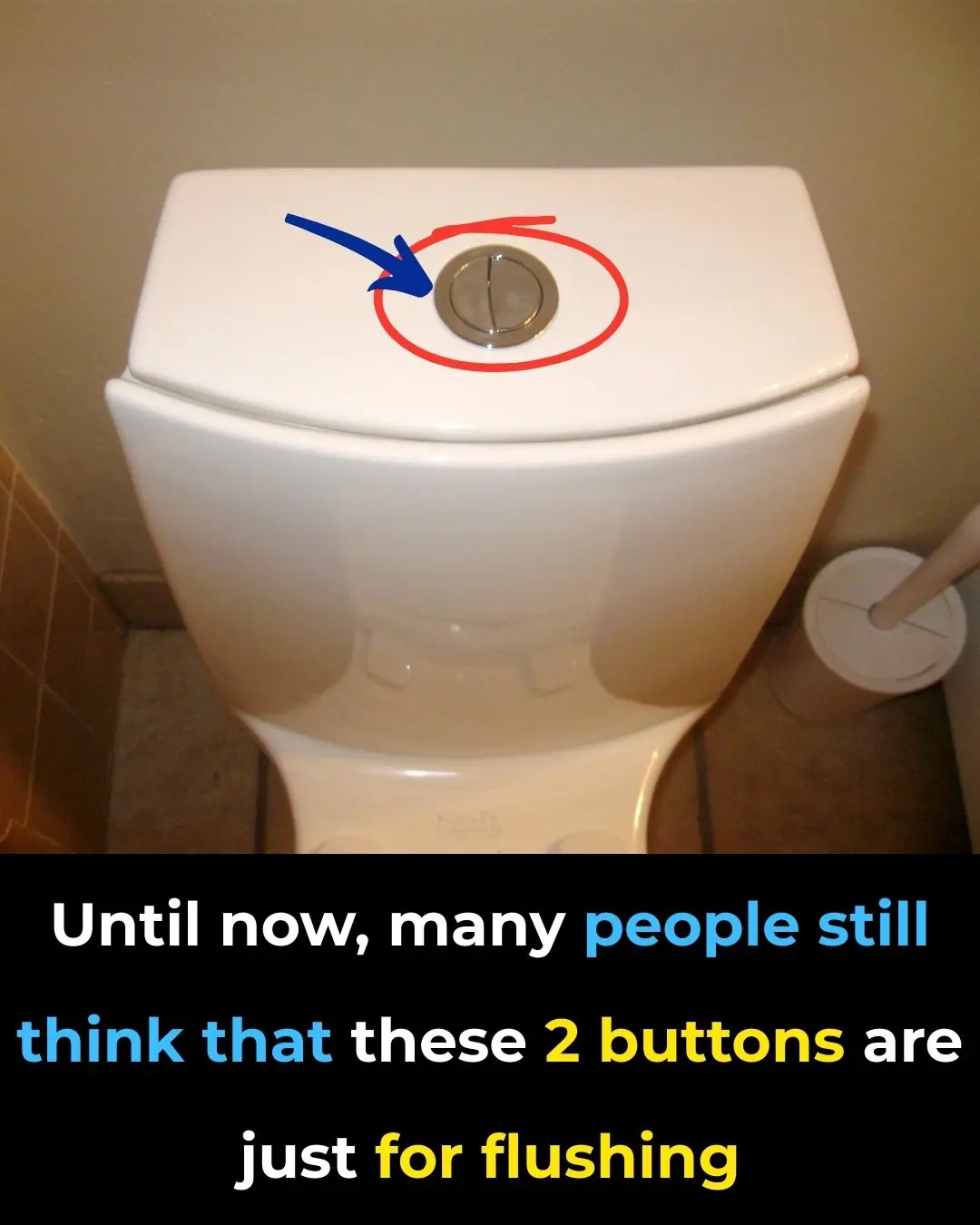
What’s the Purpose of Dual-Flush Toilet Buttons?

Scientists Say That The Brain Senses Emotions In Others Without You Even Knowing It

Lithium Deficiency May Spur Alzheimer’s — and Guide Treatment

Hep B Transmitted by Shared Glucometers in Care Facility

Put Salted Lemon in the Room—The Surprising Benefits

On Humid Days, Walls Are Prone to Mold and Peeling—Do This Right Away to Improve the Situation

Every Home Refrigerator Always Has Two Problems—Throw Them Away as Soon as Possible to Prevent Future Bad Smells

Tips to Eliminate Unpleasant Odors in the Refrigerator—After One Night, the Unbearable Smell Will Completely Disappear

Tips for Cleaning an Air Fryer Without Scrubbing, Yet It Still Looks As Good As New

Pour a Little Fabric Softener into the Dishwashing Bowl, and Many Problems in the House Will Be Solved Instantly

Save Millions on Electricity Bills Every Year by Knowing How to Clean the Bottom of the Rice Cooker
